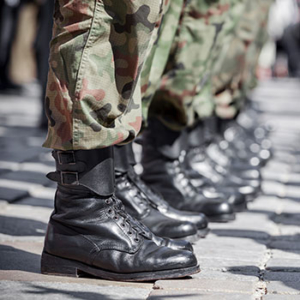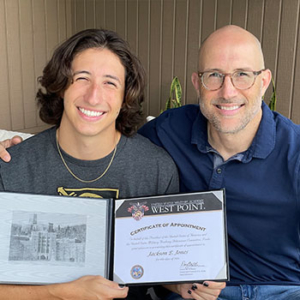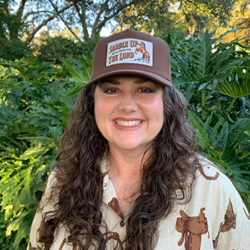 I joined the US Army 10 days after graduating from high school in June 1992. My first duty station was in Schweinfurt, Germany, with the 3rd Squadron of the 4th Cavalry. I was the lowest ranking soldier by military paygrade (as a Private E-1). When I stepped nervously into my first-morning formation this was my first opportunity to make an impression on my unit. My boots were polished to a mirror-shine, the uniform was starched, I was clean-shaven, and I had memorized the platoon’s mission statement.
I joined the US Army 10 days after graduating from high school in June 1992. My first duty station was in Schweinfurt, Germany, with the 3rd Squadron of the 4th Cavalry. I was the lowest ranking soldier by military paygrade (as a Private E-1). When I stepped nervously into my first-morning formation this was my first opportunity to make an impression on my unit. My boots were polished to a mirror-shine, the uniform was starched, I was clean-shaven, and I had memorized the platoon’s mission statement.
Our platoon leader’s name was First Lieutenant Radford. As a private, standing before any officer can make your palms sweat, and your heart beat faster. I was excited and nervous when 1LT Radford made his facing movement to inspect my appearance. An excitement that was immediately dashed when his very first words to me were, “Another [bleep]in’ know-nothing cherry.”
I’d like to say his leadership got better from there, but it didn’t.
 Like many of my brothers-in-arms in that platoon, I rebelled against his inability to motivate and provide purpose, landing me in hot water with my platoon and section sergeants regularly. Finally, on one fateful afternoon, while I was raking and bagging a parade field in late fall by myself (as yet another punishment for my behavior), our first sergeant gave me some sage advice. He said, “How we react to good leadership is more a reflection of the leader’s character. But how we react to poor leadership is more a reflection of our character.” I can’t say the lesson was learned at that moment – only that the lesson was heard. It would take years for me to cultivate similar personal experiences into actionable wisdom.
Like many of my brothers-in-arms in that platoon, I rebelled against his inability to motivate and provide purpose, landing me in hot water with my platoon and section sergeants regularly. Finally, on one fateful afternoon, while I was raking and bagging a parade field in late fall by myself (as yet another punishment for my behavior), our first sergeant gave me some sage advice. He said, “How we react to good leadership is more a reflection of the leader’s character. But how we react to poor leadership is more a reflection of our character.” I can’t say the lesson was learned at that moment – only that the lesson was heard. It would take years for me to cultivate similar personal experiences into actionable wisdom.
Fast forward 29 years (twenty years in the Army and nine with Allen & Company) and two teenage kids later, and I find myself often repeating this lesson to my kids.
My son has experienced good and bad leadership in the couple of jobs he’s had in the fast-food industry as a high schooler. Like me, when I was that fresh-faced private in the Army, my son didn’t have the greatest reaction to poor leadership early on. However, he internalized the shared wisdom and cut short his personal experience of impugning his character. In fact, I’ve witnessed in my children a willingness to raise their standards and digest hard-won wisdom (born of both success and failure) from their parents.
 I believe we are, and that I served, a nation of hope and resiliency.
I believe we are, and that I served, a nation of hope and resiliency.
My Lord and Savior, Jesus Christ, is the author of that hope. He has given us each personal experience and wisdom to pass on to our children that will continue to imbue our citizenry’s moral fabric, the DNA of resiliency and hopefulness. I see it in my colleagues, friends, and clients’ children. And I see it in my son’s own recent decision to serve his country in uniform. It’s why I couldn’t be more hopeful for his future or our nation’s.
January 2022

 I believe we are, and that I served, a nation of hope and resiliency.
I believe we are, and that I served, a nation of hope and resiliency.


